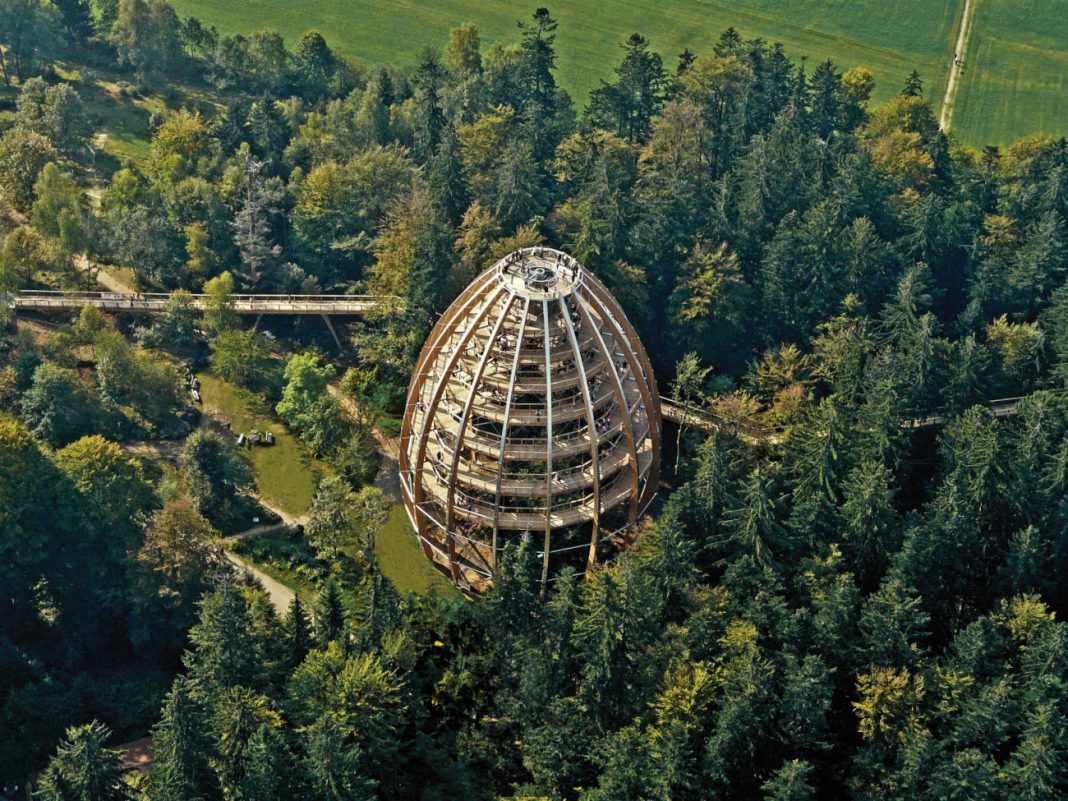Travelers searching for barrier-free travel can enjoy a plethora of options in Germany, with the European country prioritizing, and widely investing in, accessible leisure and tourism facilities.
“Germany has made accessibility a firm priority over the past few years,” said Yamina Sofo, director of sales and marketing at the German National Tourist Office (GNTO), the regional office of GNTB.
“We recognized the gaps in accessibility within our cultural and touristic experiences which led us to work with policymakers, accommodation providers and site managements to develop our offerings. This led to changes such as the introduction of building ramps to historical sites, ensuring braille and audio descriptive text was available, widening corridors, created disabled parking and toilets and more. Our revisions have opened up a vast range of activities to visitors with restricted mobility, visual and hearing impairments, and learning difficulties.”
Germany has a wide range of adventurous offerings for travelers seeking increased levels accessibility and its ‘Tourism For All’ initiative makes it even more straight forward to find them. Split into seven types of visitors: reduced mobility; wheelchair users; impaired hearing; deafness, visually impaired; blindness; and learning difficulties, the site also includes further information for guests with allergies and can be searched by type of activity they’re keen to enjoy or area they are visiting.
Just one of the options travelers can enjoy includes the Bavarian Forest National Park which is Germany’s oldest national park. In July the commitment was taken to the next level with a group of students interning dedicating their time to clearing and setting up paths that aid accessibility further. Visitors can enjoy the wilderness camp, the youth forest home and well-equipped national park centres.
Castle Evenburg, the neo-gothic edifice in Leer, Lower Saxony, lies in expansive lush gardens, and bills itself as completely accessible with wheelchair lifts, sign language tours, disabled bathrooms and more. Constructed in the 19th century, the castle now hosts guided tours, exhibitions, concerts, and other events in its surroundings.
The Roman Villa Borg Archaeological Park is another exciting location certified by Tourism For All for its proximity from disabled parking to entrance, widened doorframes, written signage and more. Demonstrating what life in the region may have looked like 2000 years ago, the site has been being excavating the site since 1986 and is home to a one-of-a-kind manor house with museum-like furnishings. Visitors can join activities on site including walking and cycling, Roman nights, guided tours, and current events.
For the ultimate holiday relaxation, barrier free, Volcanic Eifel Thermal Bath in Bad Bertrich, Rhineland-Palatinate, is Germany’s only Glauber’s salt spa and has developed obstacle free walkways, flat steps with handrails to access the baths, and disabled changing areas. The wellness destination boasts an array of indoor and outdoor pools with 32°C thermal water, themed saunas taking visitors on the trail of the volcanoes, as well as stunning landscapes to take in throughout visitor’s experience.
Germany has a broad range of locations and activities available for travelers to explore and are not limited to the above. Visitors are encouraged to check with Click here for more details on Germany’s accessible tourism options.


